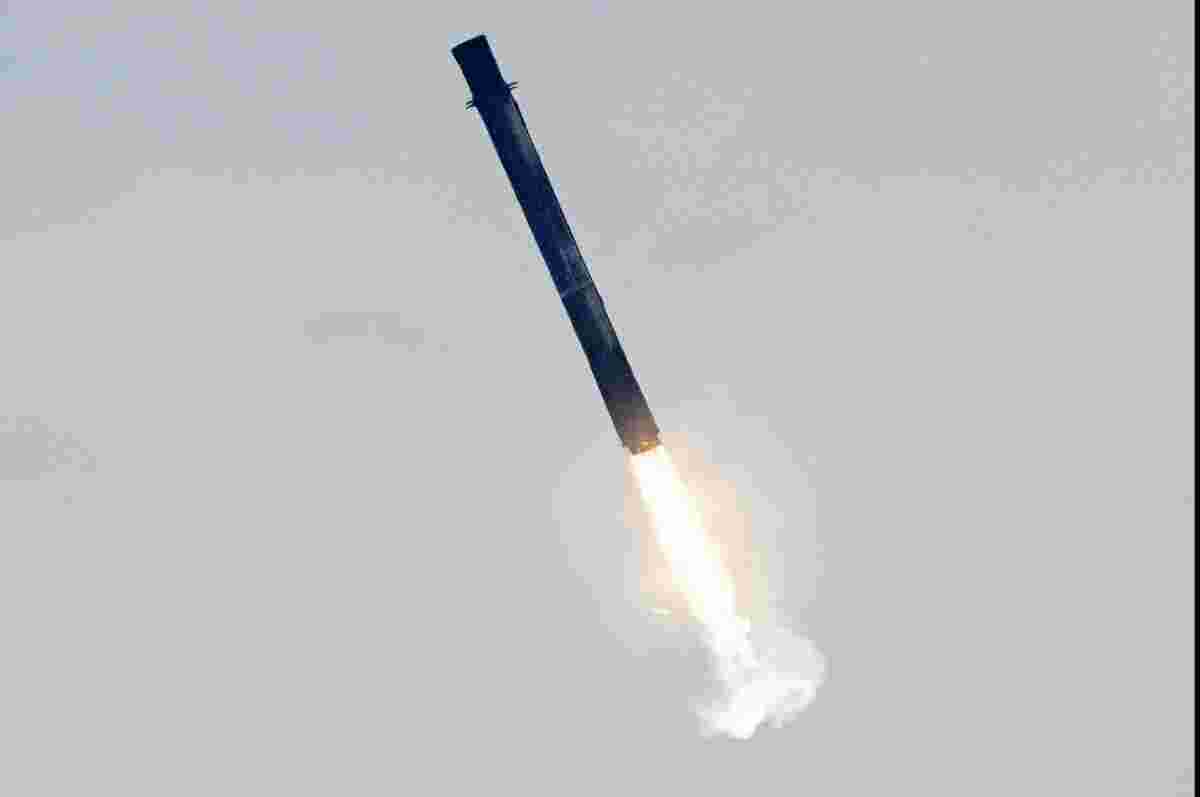SpaceX, the private space exploration company founded by Elon Musk, has temporarily halted further deployments of its Starlink satellites after a Falcon 9 rocket booster failed during a launch on Wednesday, August 28, 2023. The incident occurred shortly after liftoff, as the booster, which was responsible for the initial ascent of the rocket, appeared to tip over and fall into the Atlantic Ocean approximately eight minutes into the flight.
According to a statement released by SpaceX , the company is currently investigating the cause of the failure and has placed a hold on all future Starlink launches until the issue has been resolved. The Starlink constellation, which consists of thousands of small satellites in low Earth orbit, is designed to provide high-speed internet access to remote and underserved areas around the world.
The failed launch marks a setback for SpaceX , which has been rapidly deploying Starlink satellites in recent months. The company has already launched over 3,000 Starlink satellites into orbit and plans to eventually have a constellation of up to 42,000 satellites.
The failure of the Falcon 9 booster is not the first setback for SpaceX 's Starlink program. In May 2022, a geomagnetic storm caused 40 Starlink satellites to reenter Earth's atmosphere and burn up.
Despite these setbacks, SpaceX remains committed to its Starlink program and is confident that the issue with the Falcon 9 booster will be resolved. The company has a history of successfully overcoming technical challenges and is expected to resume Starlink launches once the investigation is complete.
SpaceX booster on Starlink mission tips over on return to ship in ocean
SpaceX said Wednesday morning that it is pausing a second deployment of Starlink satellites on Monday until it can examine the loss of a first-stage booster on its return to Earth.




